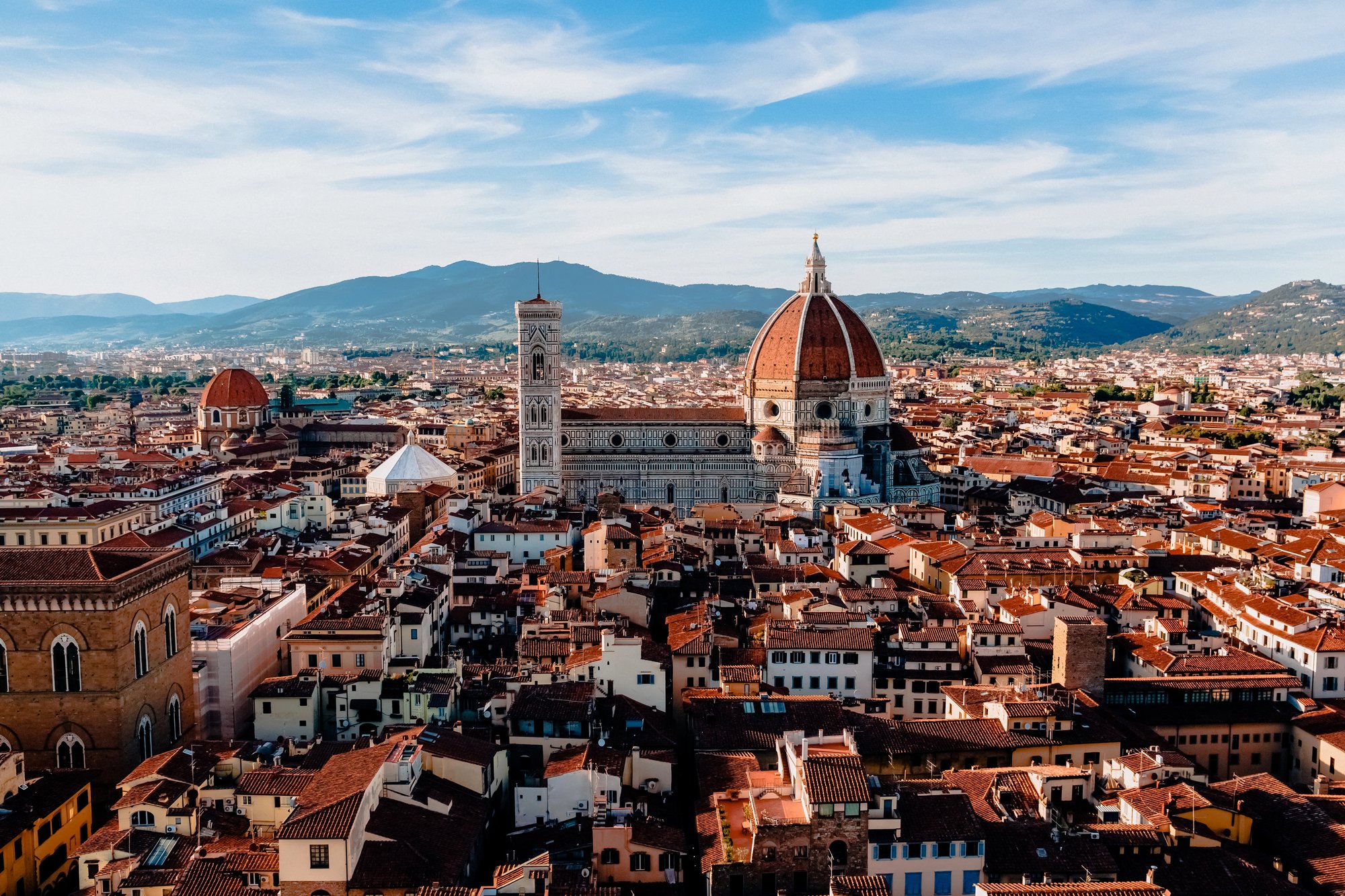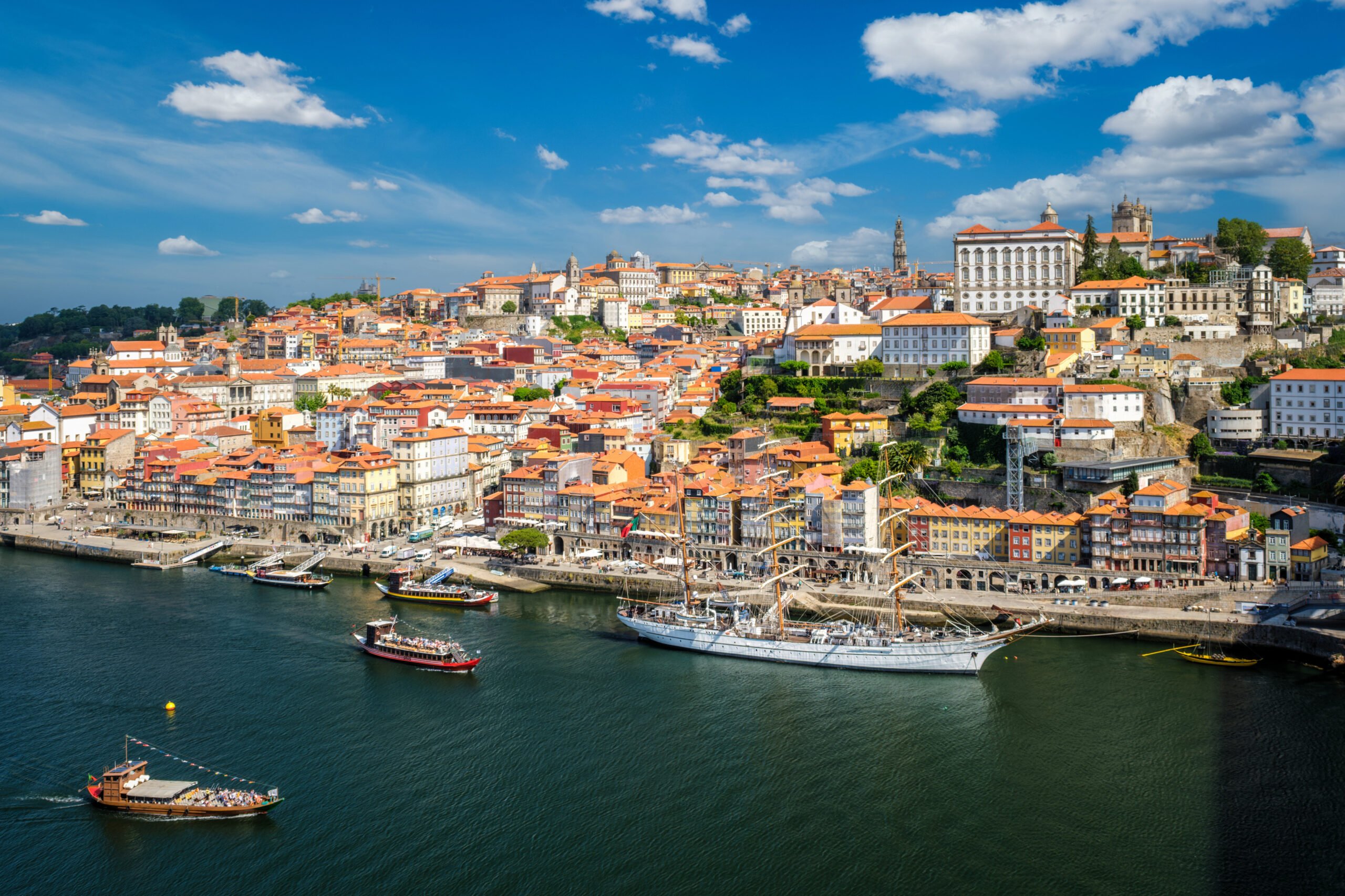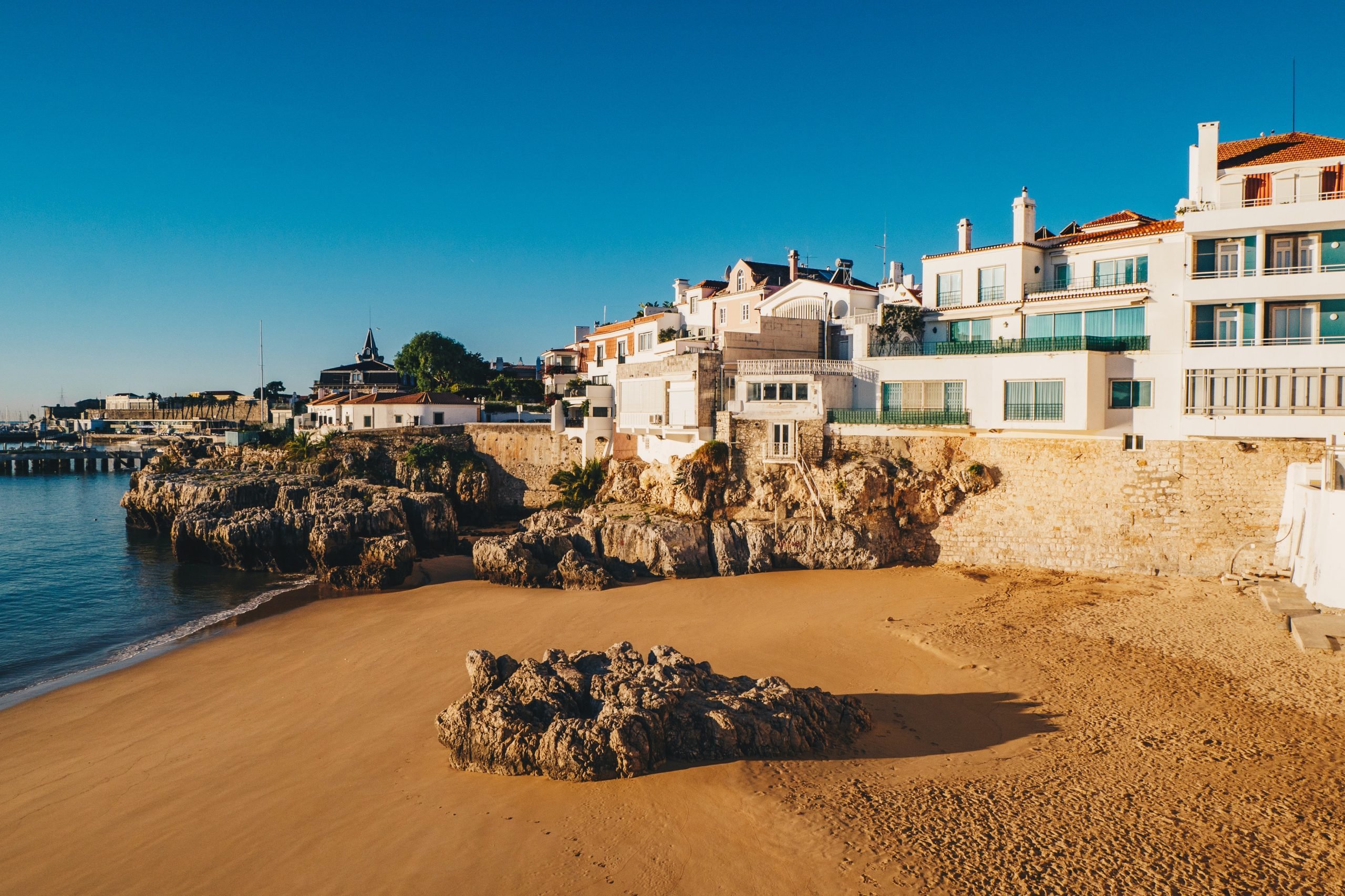Millions of Americans with Italian heritage are reeling from a devastating blow to their European citizenship dreams. Italy’s recent law change has effectively cut off the path to citizenship for countless descendants of Italian immigrants, leaving families divided and futures uncertain. But while one door closes, another remains wide open. Portugal is positioning itself as the premier destination for Americans seeking European residency and citizenship.
Italy’s Citizenship Crackdown
Italy’s parliament delivered a crushing disappointment to Italian-Americans on May 20, 2025, when it ratified new citizenship laws that dramatically restrict who can claim Italian citizenship through ancestry. The changes represent a seismic shift from the previous system that had welcomed anyone with an Italian ancestor dating back to the creation of the Kingdom of Italy in 1861.
Under the amended law, only those with Italian parents or grandparents can now apply for citizenship through the jus sanguinis (bloodline) system. This seemingly simple change has eliminated eligibility for millions of Americans whose Italian heritage traces back to great-grandparents – precisely the generation that includes most descendants of the massive Italian immigration wave between 1880 and 1920.
The new legislation establishes a strict two-generation limit for automatic citizenship through ancestry. Italian descendants born abroad will only automatically become citizens if they have at least one parent or grandparent born in Italy. This seemingly simple change has eliminated eligibility for millions of Americans whose Italian heritage traces back to great-grandparents—precisely the generation that includes most descendants of the massive Italian immigration wave between 1880 and 1920.

Stricter Than You Think
The restrictions go even deeper than the generational cutoff. The Italian parent or grandparent must have held Italian citizenship exclusively at the time of their death, meaning those who naturalized as citizens of other countries may not qualify to pass citizenship to their descendants. Additionally, qualifying parents must have legally resided in Italy for at least two consecutive years after acquiring Italian citizenship and before their child’s birth or adoption.
The legislation does provide limited exceptions for those who demonstrated serious intent to become Italian citizens before the crackdown. People who submitted applications to consular or mayoral offices by March 27, 2025, or received appointment communications by that date, remain eligible under the old rules. However, this grace period offers little comfort to the countless families who were planning to apply but hadn’t yet navigated Italy’s notoriously slow bureaucratic process.
The timing couldn’t be more painful for affected families. Italy estimates that approximately 80 million people worldwide claim Italian descent, with roughly 20 million residing in the United States. The vast majority of these Italian-Americans are great-grandchildren of the four million Italians who immigrated to America during the peak migration period, making them the primary casualties of this policy change.
When Dreams Collide with Reality
The human cost of Italy’s decision extends far beyond bureaucratic inconvenience. Families who have spent years preparing for citizenship, learning Italian, studying the country’s history, and investing emotionally in their heritage now find themselves permanently excluded from their ancestral homeland.
Consider the heartbreak of families split apart by arbitrary generational lines. In one family from the United States, a mother remains eligible for citizenship while her son is forever barred because his connection runs through a great-grandfather rather than a grandparent. These aren’t distant relatives with tenuous connections. These are families who have maintained their Italian identity across generations and were actively pursuing citizenship when the rules changed overnight.
The Italian government’s justification centers on preventing abuse of the system and addressing concerns about people with minimal cultural ties obtaining convenient EU passports. However, critics argue that the blanket restriction punishes people genuinely hoping to reconnect with their Italian heritage.
Adding insult to injury, Italy has made the remaining citizenship process more cumbersome. Applications must now be processed online through the Italian government rather than consulates, mandatory in-person interviews in Italy are required, and new citizens risk losing their status if they don’t actively engage with Italian civic life through voting, paying taxes, or renewing passports.

Goodbye Italy, Hello Portugal
While Italy closes its doors to many, Portugal remains a place of opportunity for Americans looking for European citizenship. The country offers multiple pathways to residency and eventual citizenship and has created options for virtually every situation and income level.
Portugal’s approach to immigration reflects a fundamentally different philosophy from Italy’s restrictive new stance. Rather than limiting access, Portugal actively encourages foreign investment and talent through diverse visa programs designed to attract newcomers and allowing people to apply for citizenship after only five years.

Employment-Based Pathways
Portugal welcomes foreign workers through two primary employment visas. The D1 visa serves workers without higher education who secure 12-month employment contracts, while the D3 (HQA) visa targets highly qualified professionals with university degrees and minimum salaries of €1,020. This latter category particularly appeals to American professionals in technology, engineering, medicine, and management roles.
The Digital Nomad Revolution
Portugal has also embraced the remote work revolution with its Digital Nomad Visa, which offers two-year residency for freelancers and remote employees. Americans can qualify by demonstrating monthly income of €3,480 and securing Portuguese accommodation. This option has proven to be particularly attractive to Americans hoping to escape domestic political tensions while keeping their US-based careers.
Investment and Business Opportunities
Entrepreneurs find multiple paths to Portuguese residency through business investment. The Startup Visa supports innovative projects without requiring specific investment amounts, while the D2 Visa accommodates traditional business ventures. Both options require proof of accommodation and sufficient living funds.
For those with substantial resources, Portugal’s Golden Visa program offers the fastest route to European citizenship. With minimum investments starting at €250,000 in approved funds, scientific research, or cultural projects, investors can obtain residency permits renewable every two years with minimal physical presence requirements – just seven days annually!
Passive Income and Lifestyle Seekers
Portugal’s D7 Visa represents perhaps the most accessible option for many Americans. Retirees, property investors, or anyone with stable passive income exceeding Portugal’s minimum wage (€870 in 2025) can qualify for residency. This includes pension income, rental payments, investment returns, or royalties. This is ideal for Americans looking for a European retirement haven.
Family and Educational Pathways
Portugal maintains generous family reunification policies, welcoming spouses, dependent children, parents, and siblings of Portuguese residents. International students and researchers can also find straightforward paths to residency through academic programs from bachelor’s degrees through postdoctoral research positions.

The Clock is Ticking
Portugal’s welcoming stance toward American immigrants is happening against a backdrop of increasing restrictions across Europe. Malta’s Golden Visa program was recently declared illegal by the European Court of Justice, and Italy’s citizenship restrictions represent part of a broader trend toward limiting immigration pathways.
These developments make Portugal’s continued openness increasingly valuable and potentially temporary. As European attitudes toward immigration programs shift, Americans interested in European citizenship should consider acting sooner rather than later.
The contrast between Italy’s harsh restrictions and Portugal’s open policies couldn’t be starker. While Italy has chosen to slam the door on millions of Italian-American descendants, Portugal continues – for now – to roll out the welcome mat for Americans looking to move to Europe.
A New Chapter for Americans in Europe
For Americans devastated by Italy’s citizenship restrictions, Portugal is a genuine opportunity to start a new life in Europe – and Italy will only be a three-hour flight away. The country’s multiple pathways to residency and citizenship, combined with its strategic location, favorable climate, and growing international community, make it a compelling alternative to traditional European destinations.
Portugal’s citizenship process typically takes five to six years of legal residency, during which Americans can fully integrate into European life while maintaining their US citizenship. The country’s relatively low cost of living, excellent healthcare system, and political stability add to its appeal for Americans hoping to live in Europe.
The message for Americans with European aspirations is clear: while Italy has chosen to restrict access to its citizenship based on increasingly narrow heritage requirements, Portugal remains committed to welcoming Americans who can contribute to its economy and society. The window of opportunity remains open, but given the broader European trend toward restriction, Americans interested in Europe would be wise to explore their Portuguese options sooner rather than later.
In the end, Italy’s loss may well prove to be Portugal’s gain, as millions of Americans with European dreams turn their attention to a country that still believes in the value of welcoming motivated immigrants looking for a better life.
Considering Portugal’s Golden Visa Program? Everything you need to know + how to qualify with 325,000 EUR
If you’re interested in finding out the latest details about the Golden Visa program and want to take advantage of the new opportunities. Signup for a live Q&A webinar with an expert from Holborn Assets that will answer all your questions. The event is scheduled for January 14 at 5 PM Lisbon Time (1 PM EST). The live webinar will cover the following:
- Golden Visa basics, how to qualify, who can be included
- New Investment Criteria for 2026
- Golden Visa timeline and process
- How to qualify with just 325,000 EUR – this exclusive offer includes investment loan financing to bridge the gap to reach the 500k minimum investment
- What tax breaks are available?
- Live Q&A for all questions
*If you cannot attend the seminar or would prefer one-on-one, book a call here.



